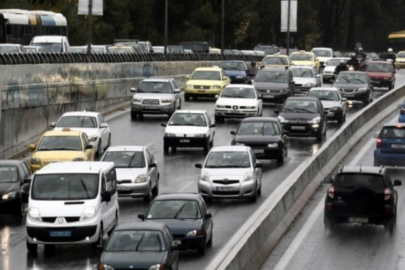An innovative study for the Hans Boeckler Foundation released this month widely publicized in the EU media shows the complete picture of the effect of the economic crisis on Greek households. The study, co-authored by Tassos Giannitsis of the University of Athens and Stavros Zografakis of the Agricultural University of Aathens, looked at income and tax dataa for the years between 2008 and 2013.
The study found taht based on the data of the Bank of Greece, wage cuts were much smaller in the narrow public sector compared to the business sector but wider in public utilities. The paycuts imposed on a significant factor of public workers was returned in various forms.
Despite the fact that there was a general drop in the standard of living across society, this was very complex as inequalities in special social groups, especially private sector wage earners, was exacerbated. In some cases, wage earners saw a 39% drop to their wages, whereas other groups saw an increase from 5-10%. Some pensioners lost 11-32% of their income whereas others gained up to 12%.
The report cites the agriculture sector as one that enjoys a highly privileged tax system. While a number of cagegories lost up to 54% of their income, the farming sector gained 26%.
The report also looked at factors that contributed to inequality, such as privileged protection of “clientele groups” and the tolerance of tax evasion by advantaged social groups.



































